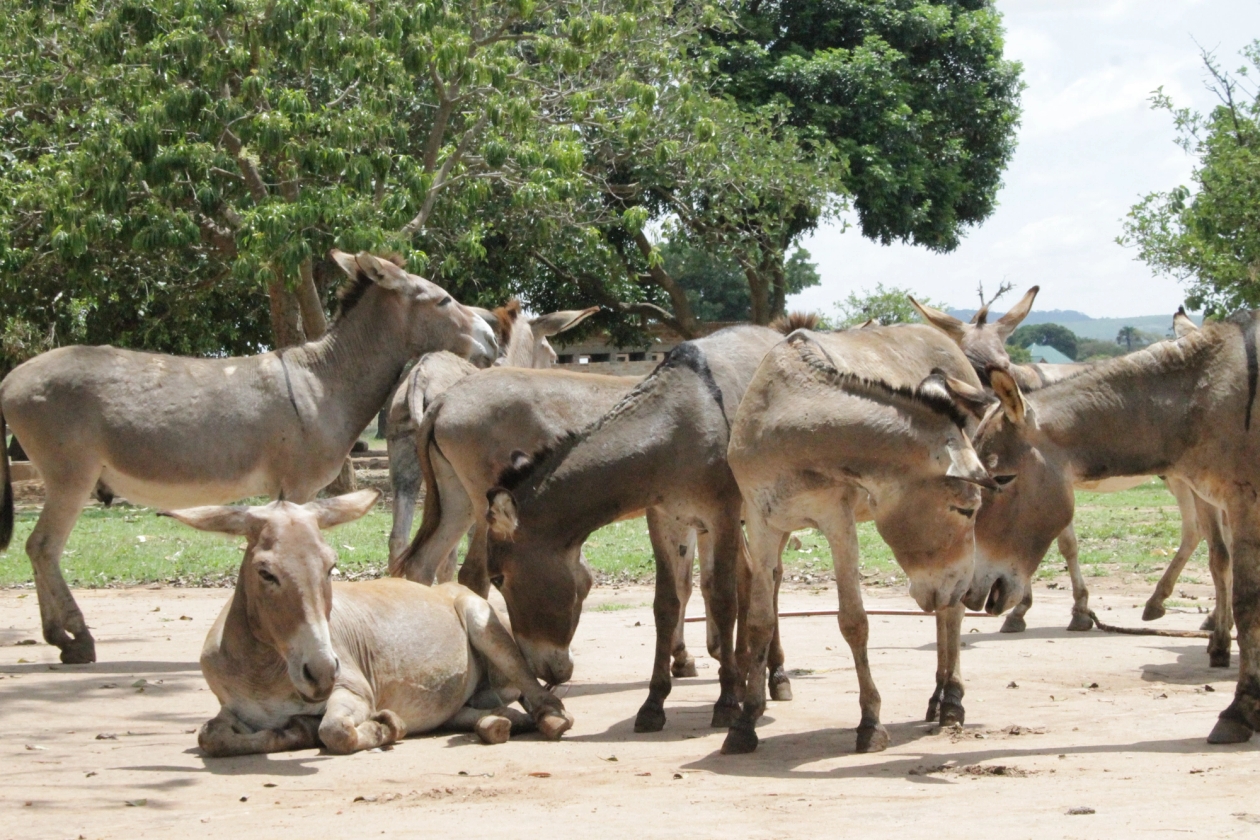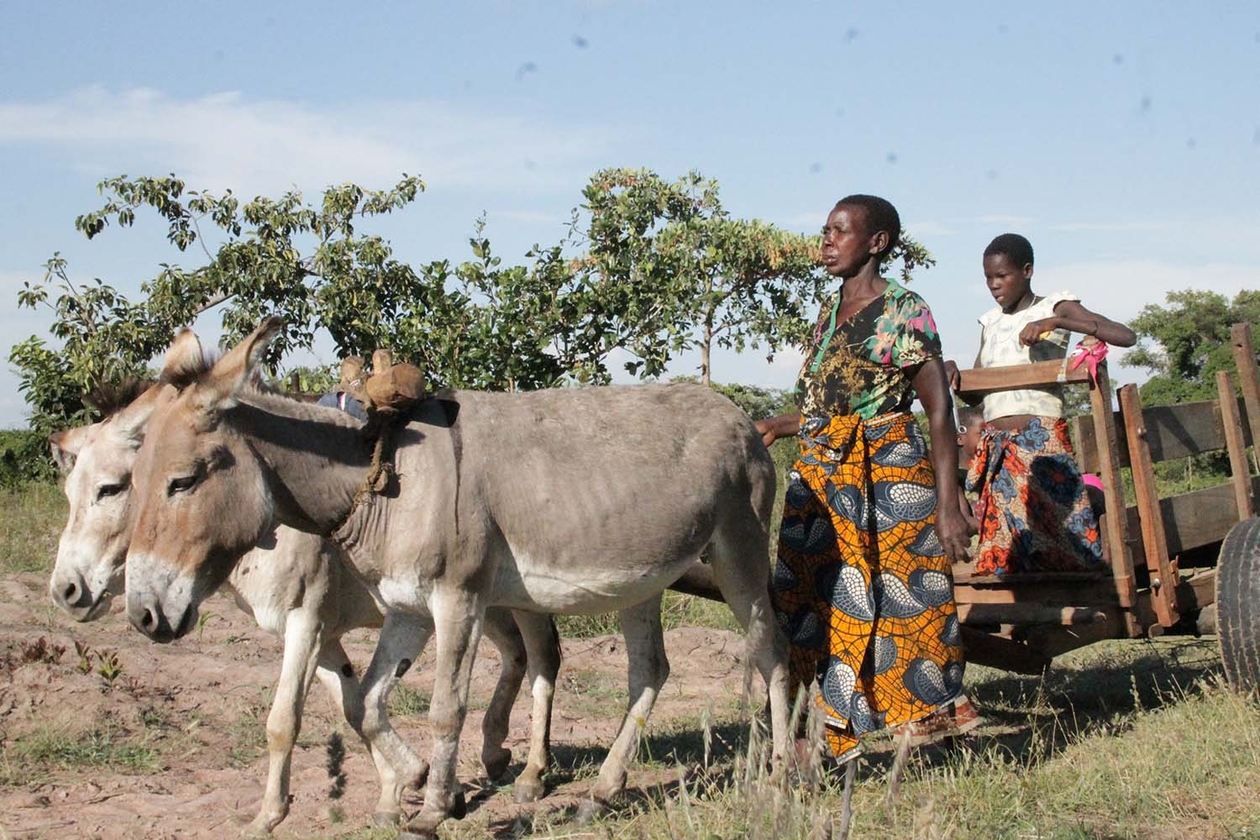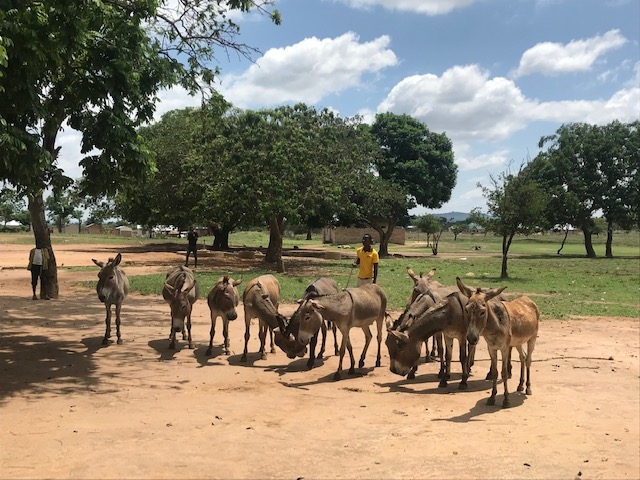Ever wondered what it’s like to be a vet for donkeys? These special “equine” vets don’t just treat donkeys, they can also look after horses, ponies and even zebras!
This World Donkey Day we’re focusing on these gentle, hardworking, long-eared legends. Get ready for some amazing donkey facts and discover what it takes to help a donkey stay happy and healthy!
Fact File: “Equine” comes from the Latin word “equus”, which means “horse”. But did you know that equine doesn’t just refer to horses? It also includes animals like donkeys, mules, and zebras! All part of the horse family!
SCAVENGER FACT HUNT ALERT:
We’ve set you a challenge over on our Facebook and Instagram pages! Click here to head over there to find your special quiz sheet, then come back to this blog to hunt for the answers. All the clues you need are hidden in the facts and information below. When you’re finished, check your answers at the bottom of the blog (no peeking until you’re done!) Ready, set, go!
Here are 5 things you’d need to know if you were a vet working with donkeys:
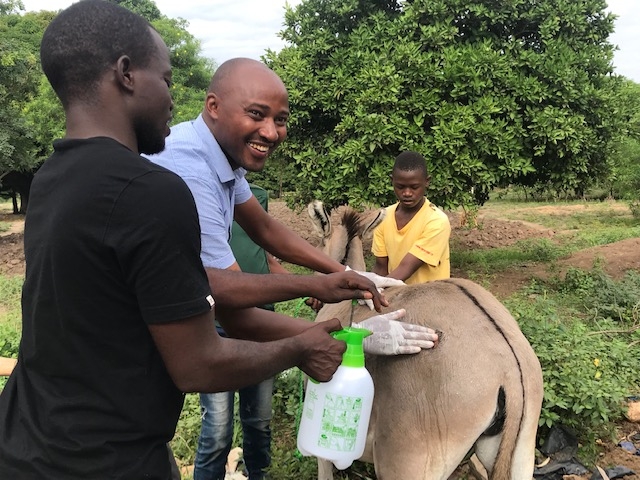 Vets visit communities in places like Tanzania to offer their donkeys a check-up
Vets visit communities in places like Tanzania to offer their donkeys a check-up1. Donkeys don’t always show when they’re in pain
Donkeys are known to be hardy animals. In the wild, showing signs of pain or weakness could make them a target for predators, so they tend to hide it. Unlike horses, they may not limp or whinny when something is wrong.
Vets must be like detectives, listening carefully to what the caregiver says and watching closely for tiny clues. A donkey being quieter than usual, walking in a funny way, or even just standing a bit differently, could all point to something not quite right.
Let’s look at this together:
Patient: Dandelion the Donkey
Symptoms: Dandelion’s owners say he has been quiet, not moving much from the shade under the tree, and he’s been seen shifting his weight from one hoof to the other.
What can we tell from examination?
- The vet can feel heat in Dandelion’s hooves. This isn’t normal.
- They can also feel a strong pulse in both front legs (this is called a “digital pulse” and it can be felt in the fetlock area, which is like a donkey’s ankle). This also isn’t normal.
- The vet asks the owner if Dandelion has been grazing anywhere new recently. The owners explain how he got loose into the field next door where the lush spring grass has been growing.
What is the problem?
Although Dandelion is trying to act normally and doesn’t look unwell, the evidence we’ve collected points to a problem called laminitis (a painful swelling in the feet, which can be caused by eating too much rich grass). The vet can now give Dandelion a treatment plan of rest, pain relief, and a careful diet.
Vet Tool: A stethoscope helps vets listen to a donkey’s heart, lungs, and gut. They can check a donkey’s heartbeat, breathing, and even if they are digesting their food properly!
Fact File: An adult donkey will have a resting heart rate of 38-48 beats per minute. Compare that to an adult person that should be 60-100 beats per minute!
2. Their hooves and teeth need regular check-ups
A donkey’s hooves can get sore or overgrown if they aren’t regularly trimmed or cleaned. And did you know their teeth never stop growing? Donkeys need dental check-ups to keep munching happily!
Vet Tools: A hoof pick is used to clean dirt and stones from hooves, while a rasp (sometimes called a dental float) is a special file vets use to smooth down a donkey’s teeth if they get too long or sharp.
Did you know? A donkey has 40 teeth, and their lips are super flexible, almost like fingers, to be able to pick up tiny bits of food from the ground.
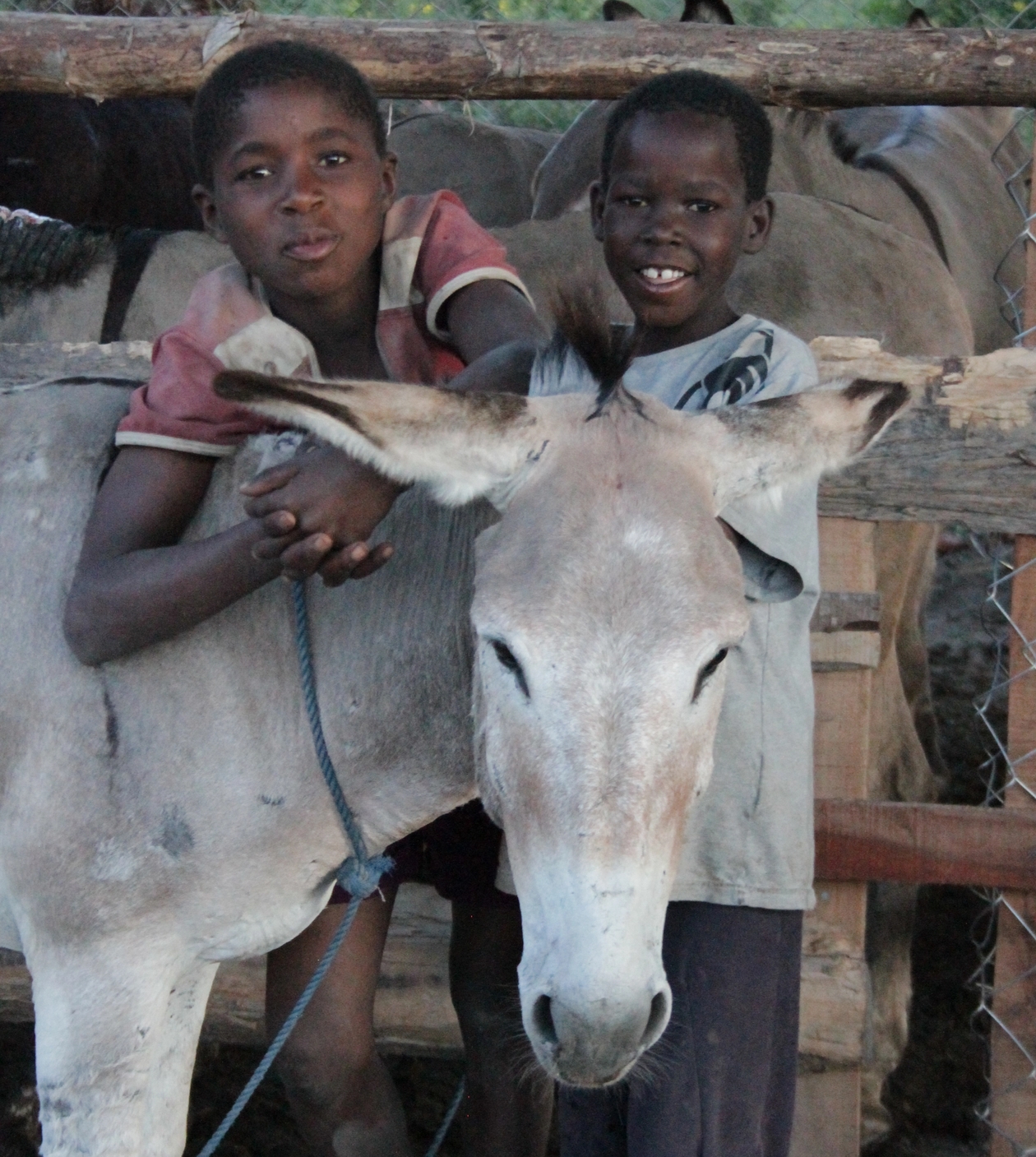 Donkeys can become best friends with their human caregivers!
Donkeys can become best friends with their human caregivers!3. Building trust takes time and patience
Donkeys are clever and curious, but they can be shy and nervous, especially if they’ve had a tough start. Donkey vets use calm voices, gentle hands, and lots of patience to help donkeys feel safe.
Vet Tools: A soft halter can be gently placed around a donkey’s head to guide them. Sometimes a simple bucket of treats is the best “tool” to win a donkey’s trust!
Fact File: Like most prey animals, a donkey’s eyes are on the sides of their heads, so they can see nearly all the way behind them.
Even though they look similar, donkeys and horses are very different! Donkeys are from hot, dry climates, and have adapted to survive in tough conditions. They’re like natural recyclers – their bodies are built to get every bit of goodness from even the driest foods. Thanks to their super-strong digestive system, donkeys can eat rough grasses and plants that would be too hard for most horses to digest.
They also use their big ears, not just to listen for the smallest sounds, but the large surface area helps them to cool off in the heat too!
Vet Tools: A weight tape measures around a donkey’s middle to check if they’re a healthy size.
Curious Fact: Like horses, donkeys have small rough patches on their legs called “chestnuts”. No one is sure what they do, and they might be leftover from when their ancient ancestors had extra toes! They don’t have a special job, but they’re one more thing that makes donkeys so interesting.
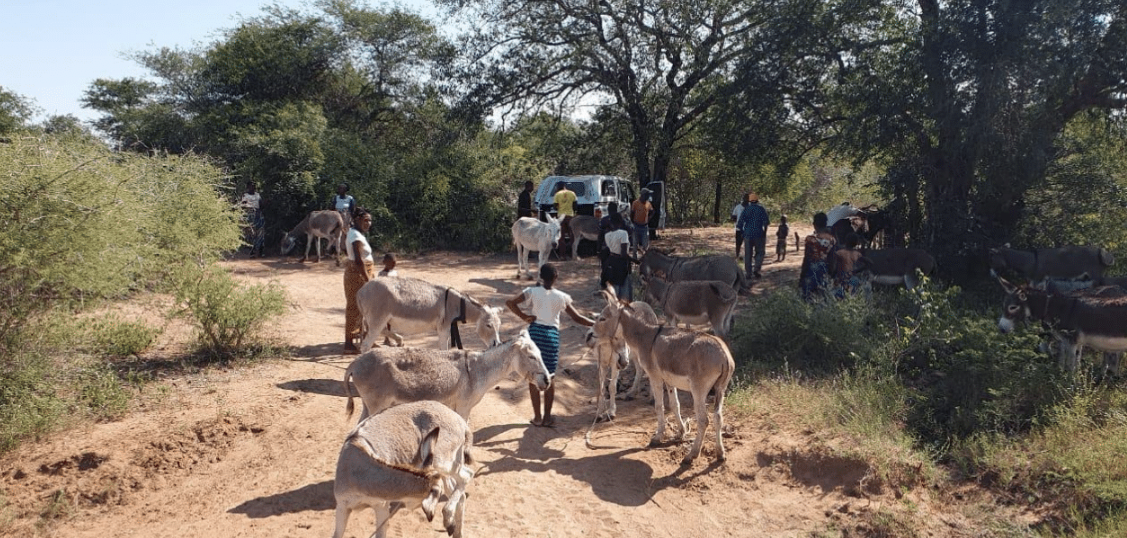 What an outdoors, travelling clinic might look like! This is in Tanzania.
What an outdoors, travelling clinic might look like! This is in Tanzania.5. Donkey vets often work in remote places
In many countries, donkeys play an essential role in the lives of many people. They work extremely hard, carrying food, water, and supplies. They can live far away from the nearest vet clinic. That’s where WVS comes in! Our vet and animal care teams travel out to communities to help donkeys in need and give owners advice on how to keep them healthy.
Take a look at the captions on some of the photos in this blog, they show how our vet teams are helping donkeys in countries as far away as Tanzania and Mozambique!
Vet Tools: A portable medical kit lets vets carry everything they might need, like medicines, bandages, hoof trimmers, and more, so they’re always ready to help.
Fun Fact: The famous donkey “hee-haw” is called a bray, and it can be heard up to 2 miles away!
Want to help donkeys too?
If you’re not already a Young Vets Club member, you can sign up today and choose to sponsor Masikio!
Masikio will keep you updated with regular news and stories from donkeys and their equine friends in our care around the world.
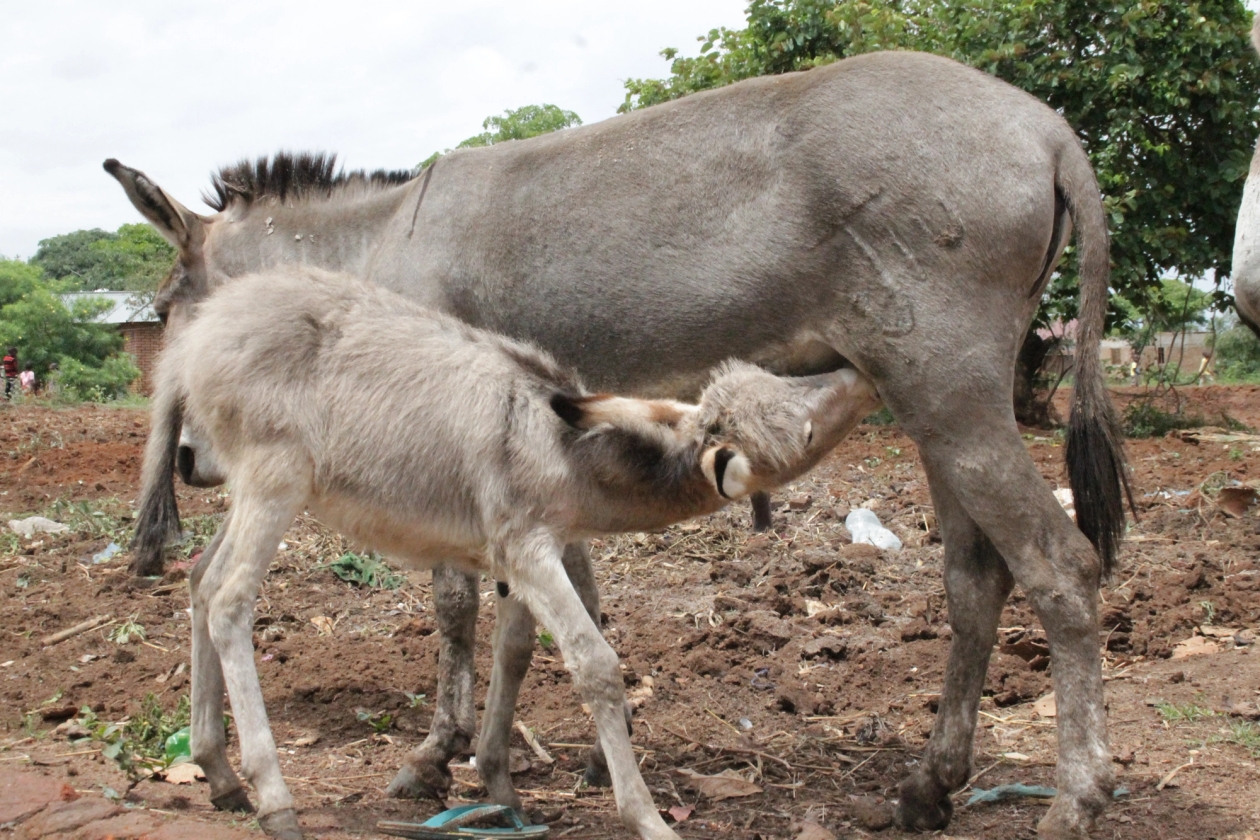 This foal will have learned how to walk after only an hour of being born!
This foal will have learned how to walk after only an hour of being born!Scavenger hunt answers:
1. B, 2. C, 3. B, 4. True, 5. A, 6. B, 7. True, 8. False, 9. C, 10. A

